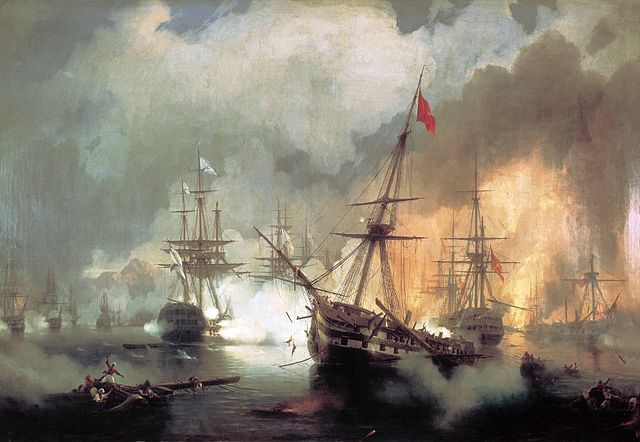From the ‘Collected Works of Ambrose Bierce’, Volume 6 some ‘Fantastic Fables’:
THE LASSOED BEAR
A Hunter who had lassoed a Bear was trying to disengage himself from the rope, but the slip-knot about his wrist would not yield, for the Bear was all the time pulling in the slack with his paws. In the midst of his trouble the Hunter saw a Showman passing by and managed to attract his attention.
“What will you give me,” he said, “for my Bear?”
“It will be some five or ten minutes,” said the Showman, “before I shall want a bear, and it looks to me as if prices would fall during that time. I think I’ll wait and watch the market.”
“The price of this animal,” the Hunter replied, “is down to bed-rock; you can have him for a cent a pound, spot cash, and I’ll throw in the next one that I lasso. But the purchaser must remove the goods from the premises forthwith, to make room for three man-eating tigers, a cat-headed gorilla and an armful of rattlesnakes.”
But the Showman passed on in maiden meditation, fancy free, and being joined soon afterward by the Bear, who was absently picking his teeth, it was inferred that they were not unacquainted.
FATHER AND SON
“My boy,” said an aged Father to his fiery and disobedient Son, “a hot temper is the soil of remorse. Promise me that when next you are angry you will count one hundred before you move or speak.”
No sooner had the Son promised than he received a stinging blow from the paternal walking-stick, and by the time he had counted to seventy-five had the unhappiness to see the old man jump into a waiting cab and whirl away.
MORAL PRINCIPLE AND MATERIAL INTEREST
A Moral Principle met a Material Interest on a bridge wide enough for but one.
“Down, you base thing!” thundered the Moral Principle, “and let me pass over you!”
The Material Interest merely looked in the other’s eyes without saying anything.
“Ah,” said the Moral Principle, hesitatingly, “let us draw lots to see which one of us shall retire till the other has crossed.”
The Material Interest maintained an unbroken silence and an unwavering stare.
“In order to avoid a conflict,” the Moral Principle resumed, somewhat uneasily, “I shall myself lie down and let you walk over me.”
Then the Material Interest found his tongue. “I don’t think you are very good walking,” he said. “I am a little particular about what I have underfoot. Suppose you get off into the water.”
It occurred that way.
Bierce’s contemporaries weren’t used to this kind of cynicism and sarcasm, so they gave him the moniker ‘The bitter Bierce‘.

